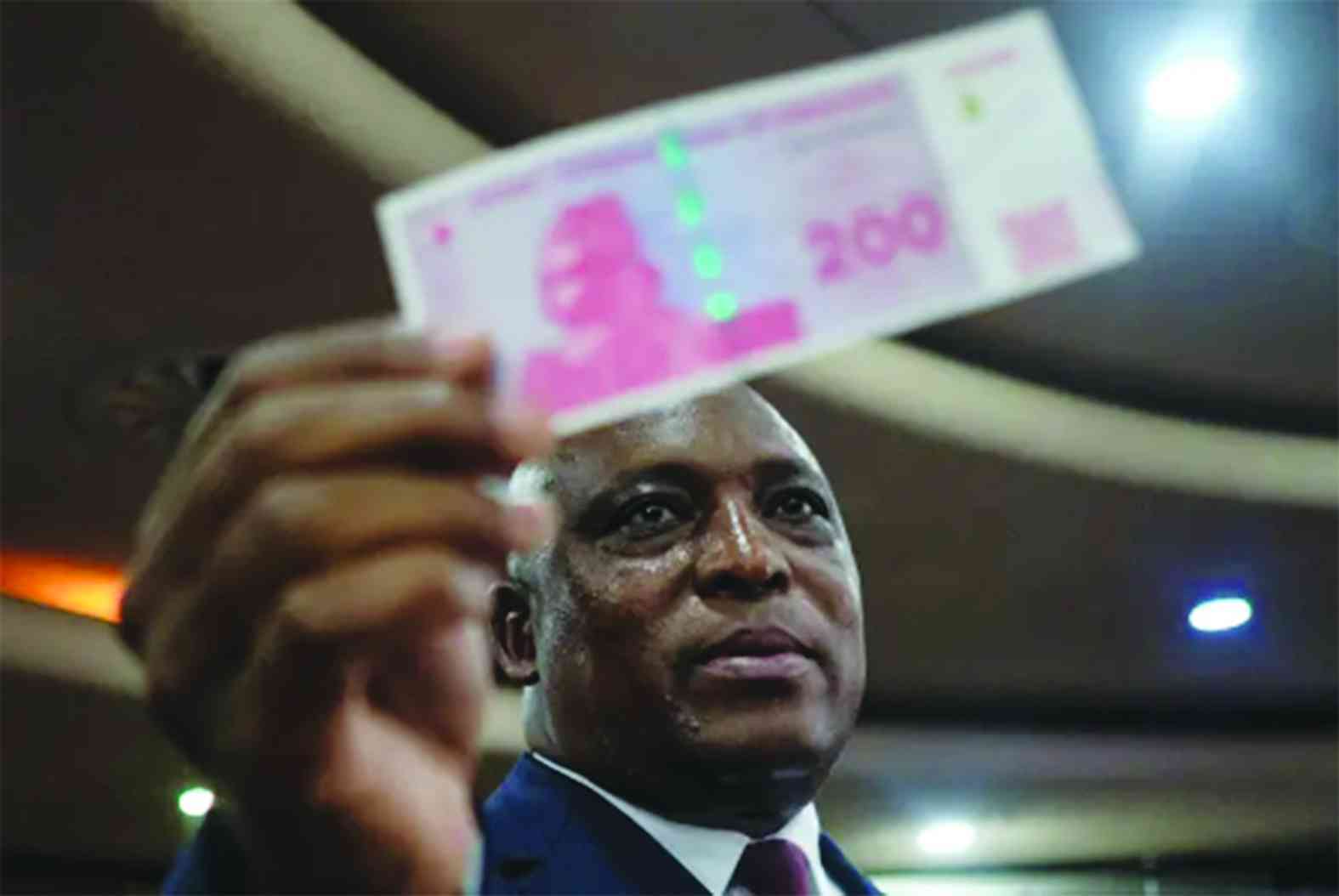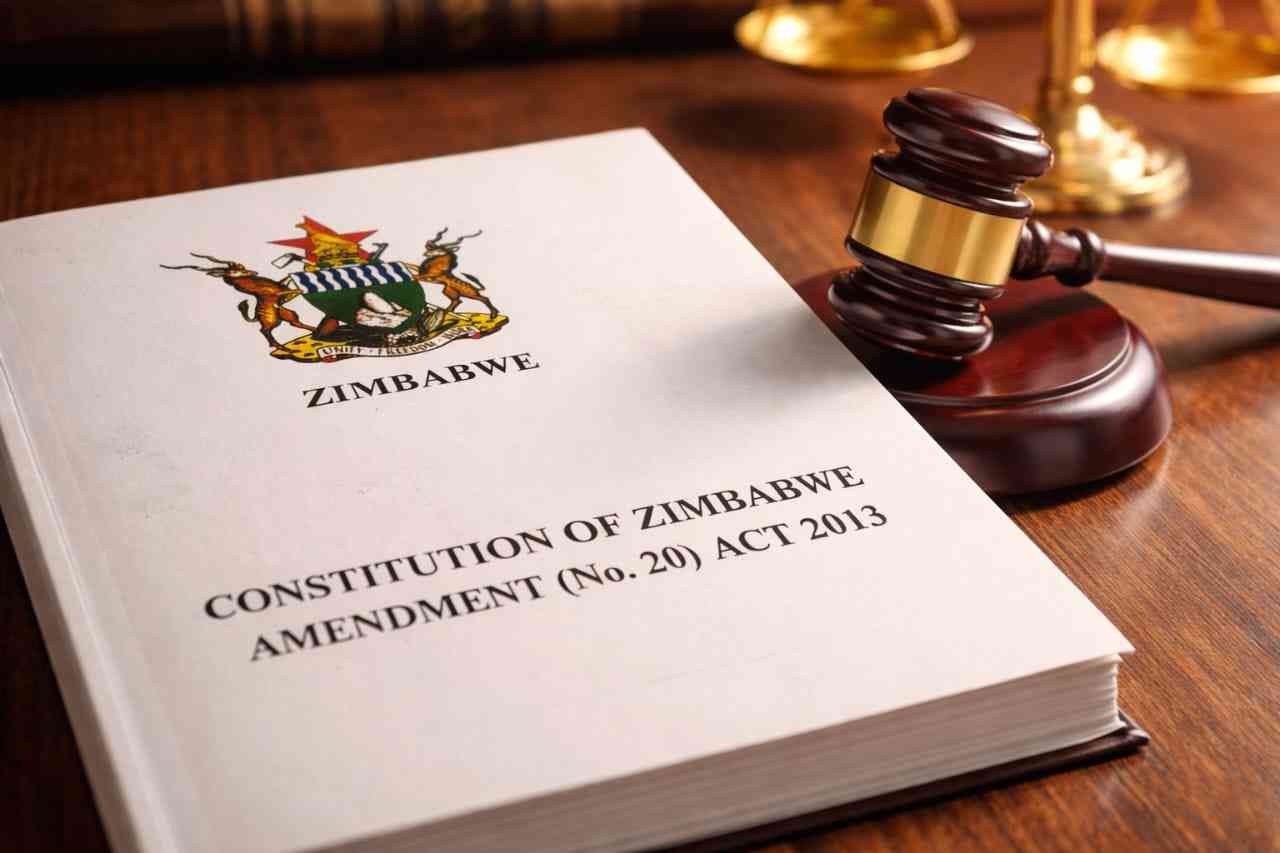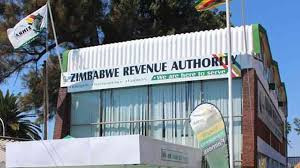
It is more than a month since Reserve Bank of Zimbabwe (RBZ) governor John Mushayavanhu introduced the new currency, Zimbabwe Gold (ZiG).
ZiG, which authorities say is backed by gold and cash, is seen as the first step in the promotion of the use of a local currency.
This comes as eight out of 10 transactions are conducted in the United States dollar, according to the Zimbabwe National Statistical Agency.
Mushayavanhu projects that ZiG transactions will constitute 30% of total transactions by year end, rising to 40% in 2025 as the dedollarisation drive gathers steam.
Authorities have tightened the screws on illegal foreign currency traders by putting controls on transfers and use of debit cards.
To date, over 70 suspected money changers have been arrested for contravening the Exchange Control Act.
However, for a month now, citizens have been operating without notes and coins, a situation experts fear will work against plans to promote the use of the local currency.
The notes and coins introduced on April 30, are still to reach their intended users.
- Rampaging inflation hits Old Mutual . . . giant slips to $9 billion loss after tax
- Monetary measures spur exchange rate stability: RBZ
- Zim deploys IMF windfall to horticulture
- Banker demands $21m from land developer
Keep Reading
For the commuting public, it has been a hell of a month. Where the fare is US$0,50, they are forced to pay US$1.
Some enterprising commuter omnibus crews are issuing tickets as change. However, this can only be used in a particular route and also cannot be utilised for other transactions.
In addition, there is a risk that the crews can wake up tomorrow and disown the tickets claiming that they are counterfeit. Alternatively, someone can create fake tickets and commuters and crews lose in the process.
Authorities have said they will drip-feed the market with notes and coins.
However, the crisis has reached alarming levels.
It is high time officials at RBZ got off their high horses. Citizens want notes and coins to be able to transact. This will bring more confidence in ZiG.
Making notes and coins available is more effective in promoting the use of ZiG than the wild goose chase on money changers when restrictions on transfers have “killed” the parallel market.
What is evident now is that RBZ did not properly do its homework before replacing the Zimdollar.
That the currency had ceased to be a legal tender before April 30 when it was supposed to have exited the scene should have prompted authorities to quicken the release of notes and coins since there was a gap on the market.
What has riled commuters is that RBZ has previously smoothly rolled out new currencies on their introduction.
They have also flagged the half-hearted approach adopted in promoting the use of ZiG whereby some services continue to be charged in foreign currency due to “contractual obligations”.
They also say the blitz to promote ZiG has been so weak forcing Zanu PF to enter the fray to “rescue” the situation.
As RBZ appears to be at sea, citizens have become collateral damage.











